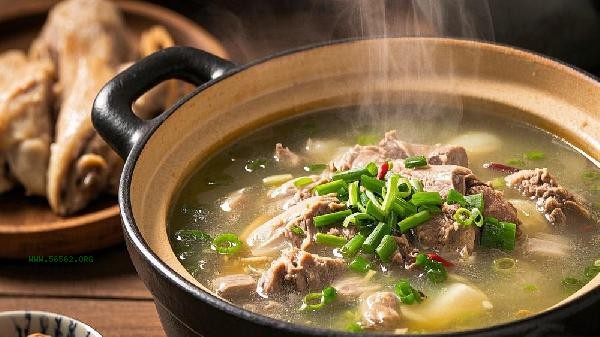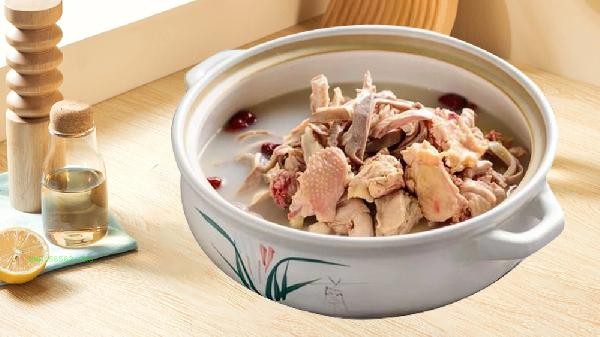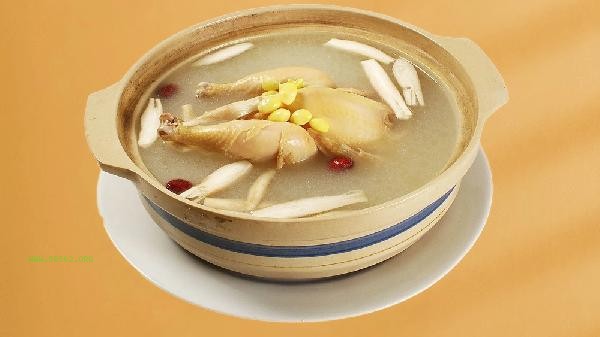Pressure cooker soup usually preserves the nutritional content of ingredients well. Pressure cookers shorten cooking time and reduce the loss of water-soluble vitamins by creating a high-temperature and high-pressure environment, while also making proteins, minerals, and other substances more easily absorbed by the human body. When boiling soup in a pressure cooker, a sealed environment can effectively reduce water evaporation and prevent nutrient loss with steam. Collagen in ingredients is more easily converted into gelatin under high pressure, resulting in a richer texture in soup. The dissolution rate of minerals such as calcium and magnesium in bone based ingredients is higher in high-pressure environments, which helps to supplement trace elements. Some heat-resistant vitamins such as vitamin B can also be well preserved, but prolonged high temperatures may damage thermosensitive nutrients such as vitamin C.

The traditional slow cooking method may lead to the long-term thermal decomposition of some water-soluble vitamins, but a low-temperature environment is more friendly to heat sensitive nutrients. If a pressure cooker is used to quickly release pressure, a sudden change in high temperature may accelerate the oxidation of certain nutrients. Green leafy vegetable ingredients are prone to excessive softening and rotting in pressure cookers, causing damage to the dietary fiber structure. Some studies have shown that high-pressure environments may alter the structure of plant cell walls and affect the activity of some antioxidant substances.

It is recommended to choose the cooking method based on the characteristics of the ingredients. Meat and bones are suitable for pressure cooker soup, and green leafy vegetables are recommended to be added later or quickly stir fried. By combining diverse cooking methods such as cold dishes, steaming, etc., different nutrients can be fully preserved. Pay attention to a balanced intake of fresh fruits and vegetables, whole grains, and high-quality protein in daily diet to avoid nutritional imbalance caused by a single cooking method. Clean the pressure cooker promptly after use to avoid residual oil oxidation that may affect health.









Comments (0)
Leave a Comment
No comments yet
Be the first to share your thoughts!